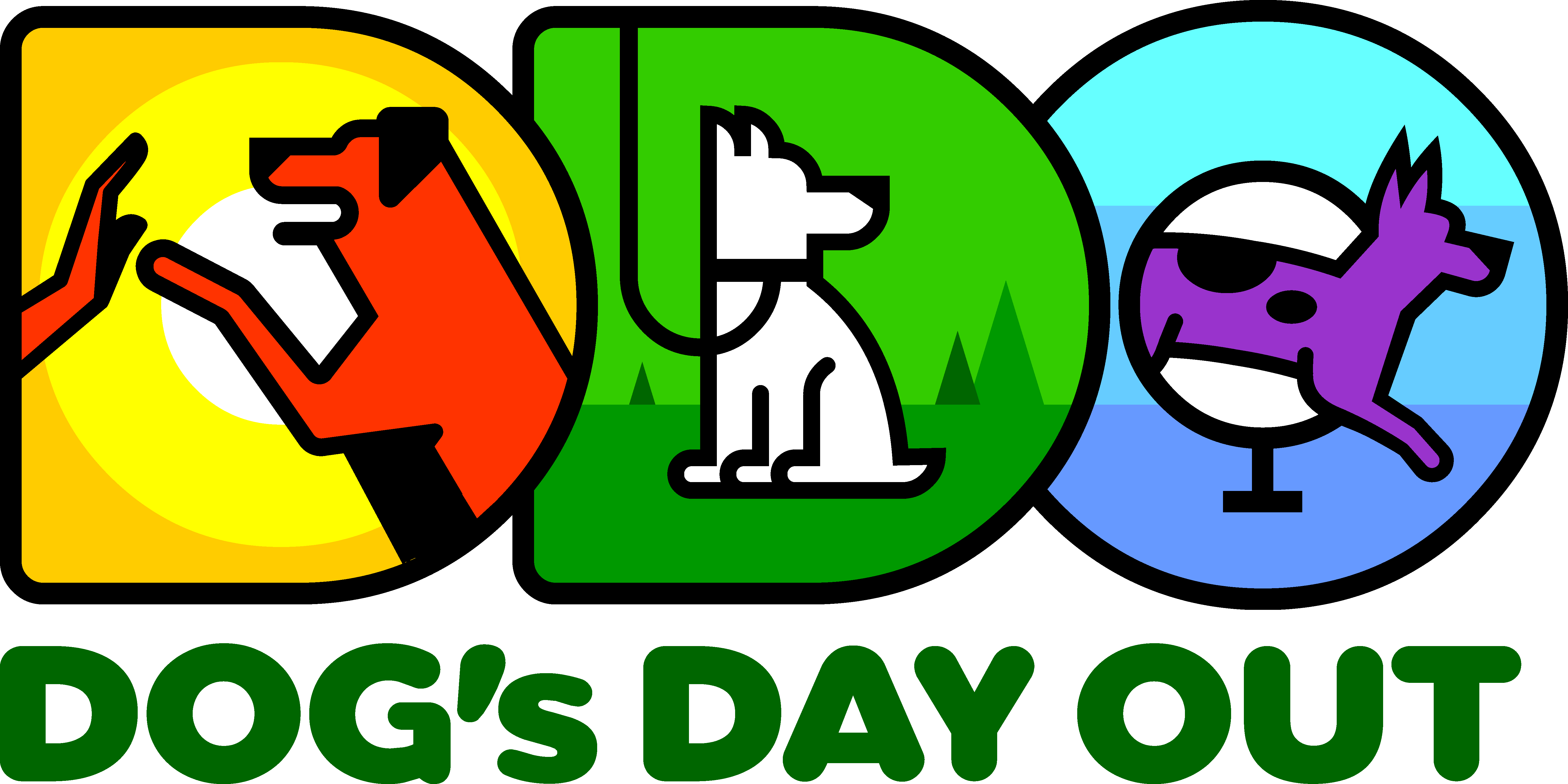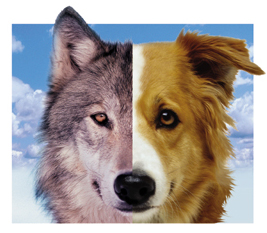I have to admit, it makes me a little uncomfortable when I hear new clients come in and tell me how they have been trying to be “alpha” to their dog. What exactly does that mean I wonder… like the old “alpha roll” where people hold their dog down on the dogs back to “dominate” him? Do people still do that? Unfortunately, they do. Unfortunately, that’s also an excellent way to get bit in the face. Do your kids do it to the dog too? That accomplishes what exactly? Dominance? Establishes you as the alpha? Are all the human family members “alphas”? Huh?
I’m just plain tired of the term Alpha. What does it mean to our dogs and to (and about) us? Let’s break it down…
The way most people seem to use the term “alpha” descends (if you will) from the relationship between wolves in a pack. To be specific, this theory was based on one study of captive wolves by Rudolf Schenkel. There are a couple of problems here: 1. Dogs are not wolves. They have been domesticated for at least 10,000 years (possible 38,000 years but that is still being debated). 2. If you still want to use the DNA argument because dogs do share 98.8% with wolves, we would not be looking at the behaviors of captive wolves. We would instead, be looking at the behaviors of wild wolves. Wild wolves do not live in a ranked pack in the way some folks like to tought. A wild wolf pack consists of a breeding pair and offspring. The breeding pair are essentially equal by the way (there is no one “alpha”) because without both, there is no pack! The pair may have more litters but there are not a bunch of random wolves coming in to join (and get ranked) in the pack. A wild wolf pack looks a lot like a traditional nuclear human family.
We live in homes with our families. I don’t consider my relatives part of my pack because I don’t have a pack, I have a family! There is not a set rank in my household. I don’t consider myself subservient to my husband. My dog is not part of my pack because he is part of my family.
While we’re at it, let’s go ahead and get rid of this “he’s dominant” thing now too… all dogs are submissive and those same dogs are also dominant. The terms submissive and dominant describe a relationship between two beings, not a personality trait. A dog may be dominant over a younger puppy but submissive with an older dog.
You are not “alpha” and your dog is not “dominant” (or “submissive”). However, you are certainly a leader in your family the same way with your dogs as with your children. You buy the food and pay the rent! I am fully responsible for my dog and my child so yes, go ahead and call me “the boss” if you’d like. I just do not need to physically, mentally or emotionally overpower them in order to control them, nor do I want to.
Here are some appropriate ways to become an effective leader to your dog: LEADERSHIP and here are some of the problems that arise when using punishment in dog training.
Also, just a smattering of articles related to the Dominance Myth:
Why I don’t want you to use leash “corrections.”
Why use food? See The Ultimate Dog Training Tip
Association of Pet Behaviour Counsellors
Companion Animal Psychology – The Problems with “Balanced” Training

